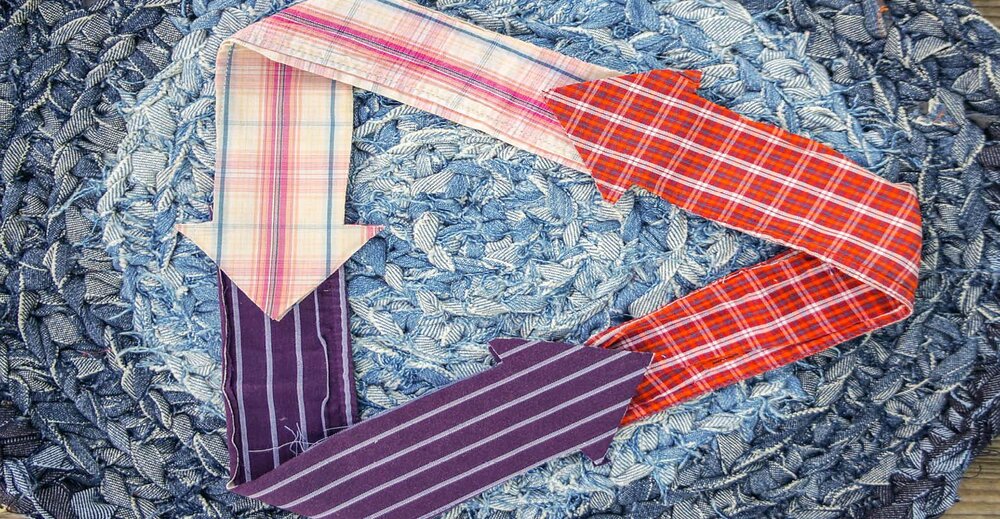
Accelerating Circularity Inc. (ACP) embarked on trials in the USA in the fourth quarter of 2021 to demonstrate that spent textiles are too good to waste. The organization’s mission is to establish systems that will use the embedded value and resources in existing textiles for new products, thereby reducing the approximately 11 million tons of textile waste that goes annually into landfills. The trials are meant to help determine if the current infrastructure can support the production of circular products and to identify the areas that need support and development for textile-to-textile circularity to be scaled.
A key finding is that while it is critical to create demand for new sorting and preprocessing outputs for recycling, there are challenges in a market with high demand for current products and a reduced workforce due to COVID19. These new outputs, namely post-consumer cotton and polyester feedstocks, go to the recyclers and are then chemically and mechanically transformed into newly recycled fibers. These new recycled fibers will then be spun or extruded into cotton, polyester, poly/cotton, and Refibra™ blended yarns. Throughout, data will be collected on quality, aesthetics, and performance and detailed in ACP reporting.
“We are constantly learning as we move ahead with each stage of these trials. One of the valuable outputs that we aim to have from these trials are tool kits that the industry can use to expedite and enhance their own future trials and timelines for circular products,” shared Karla Magruder, founder & president of ACP. “The scope and scale of the USA project trials include 14 unique recycled products in multiple yarn combinations and fabrics with the aim of manufacturing into a minimum of ~10,000 product units per trial or through a combination of brand partners. The trial participants are essential to making this a successful endeavor.”
These trials are at the forefront of the industry’s move to circularity. It is the first time for a group to develop circular products at scale. Having the entire value chain from collectors, sorters, pre-processors, recyclers through brands and retailers is critical to success. Everyone is pulling together with the goal of making textile-to-textile recycling possible. An example is brands providing input on what constitutes a commercial product that is feasible using current circular system capabilities.
Below is the updated list of all USA participants:
1888 Mills-fabric mill and direct sales
Bank and Vogue-feedstock producer
Carhartt-brand
Cintas-brand
Cirtex- feedstock producer
Cone Mills- yarn and fabric producer
Contempra Fabrics- fabric mill
Debrand- collector, sorter, preprocessor
Eastman- recycler, and fiber producer
Gap (Banana Republic & Old Navy) -brand and retailer
Giotex- recycler, yarn producer, and fabric mill
Goodwill Industries of South Florida- collector, sorter, and preprocessor.
Gr3N- chemical recycler
Kontoor Brands-brand
Lenzing- recycler and fiber producer
Martex/JBM- collector, sorter, and preprocessor
Milliken- fabric mill
Parkdale Mills-yarn producer
Recover- recycler and fiber producer
SanMar- brand
Sort and Export-collector and sorter
Swisstex- fabric mill
Target- brand and retailer
Unifi-recycler, fiber, and yarn producer
Walmart-brand and retailer
Waste Management-collector and sorter
For more information, visit www.acceleratingcircularity.org.
 TEXTILES.ORG
TEXTILES.ORG


